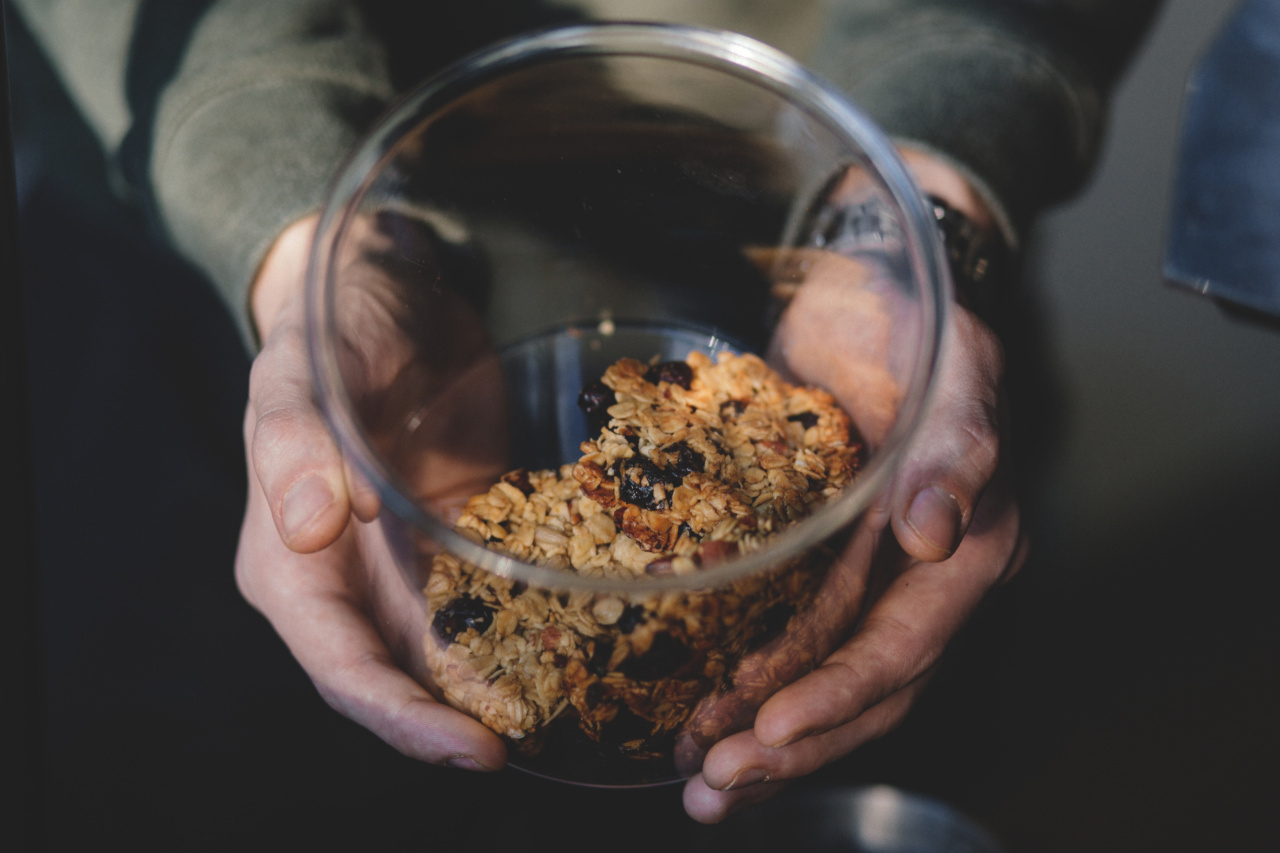Food addiction is a serious issue that affects millions of people globally. Many individuals find it hard to resist certain foods, even when they know that they are harmful.
This addiction, like many others, has been linked to spontaneous and impulsive behaviors. In this article, we will explore the relationship between spontaneous behaviors and food addiction in detail.
What are Spontaneous Behaviors?
Spontaneous behaviors refer to actions that are unplanned and immediate. These behaviors are often triggered by external factors such as stress, anxiety, or environmental cues.
They are typically impulsive and can be difficult to control, leading to negative consequences.
What is Food Addiction?
Food addiction is a condition in which individuals develop a compulsive relationship with food.
They might lose control over their eating habits, develop unhealthy eating patterns, and experience cravings and withdrawal symptoms when trying to reduce their food intake. This addiction is a form of behavioral addiction, similar to other dependencies such as drug addiction, gambling addiction, or sex addiction.
The Relationship between Spontaneous Behaviors and Food Addiction
Several studies have shown that spontaneous behaviors are often linked to food addiction. One study found that individuals with higher levels of impulsivity were more likely to develop food addiction than those with lower levels.
Impulsive behavior can lead to impulsive eating, which can trigger an addiction to food.
Another study found that environmental factors such as stress, depression, or anxiety can also contribute to food addiction. These negative emotions can trigger impulsive eating, leading to a vicious cycle of addictive behavior.
The Biology of Spontaneous Behaviors and Food Addiction
Research has also shown that spontaneous behaviors and food addiction have a biological component. Eating palatable foods stimulates the reward system in the brain, releasing dopamine, a neurotransmitter associated with pleasure and reward.
This dopamine release can reinforce the behavior and lead to addictive tendencies.
Studies have also shown that chronic exposure to high-calorie foods can cause changes in brain chemistry, leading to a reduced ability to control food intake and an increased susceptibility to food addiction.
These changes can make it harder for individuals to resist impulsive eating behaviors, leading to a vicious cycle of addiction.
How to Overcome Spontaneous Behaviors and Food Addiction
Overcoming food addiction and controlling spontaneous behaviors can be challenging but not impossible. Some strategies that can help include:.
- Mindfulness: practicing mindfulness can help individuals become more aware of their emotions and behaviors, enabling them to recognize impulsive eating patterns and to develop alternatives.
- Healthy alternatives: replacing unhealthy foods with healthier alternatives can reduce cravings and decrease the risk of impulsive eating behaviors.
- Structured eating: creating a structured eating plan can help individuals control their food intake and reduce the risk of impulsive eating behaviors.
- Therapy: seeking therapy can help individuals address the underlying emotional and behavioral issues that contribute to food addiction and impulsive behaviors.
Conclusion
Spontaneous behaviors can contribute to food addiction, leading to negative consequences for individuals. However, with appropriate strategies and therapies, individuals can regain control of their eating habits and overcome food addiction.
Understanding the biology and psychology of spontaneous behaviors and food addiction is an essential first step towards developing effective treatment options.






























